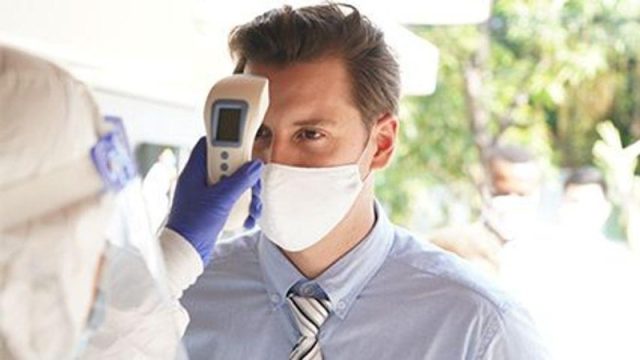Unreasonable risks to self/family, labor rights/workers’ protection were reasons for refusal to treat during COVID-19
By Elana Gotkine HealthDay Reporter
MONDAY, April 29, 2024 (HealthDay News) — There was a surge in ethics literature during COVID-19 advocating for the ethical acceptability of physicians refusing to treat, according to a study published online April 24 in Clinical Infectious Diseases.
Braylee Grisel, from the Duke University Medical Center in Durham, North Carolina, and colleagues analyzed 156 articles for quality, ethical position, reasons, and concepts relating to treatment of infectious patients. Diseases included HIV/AIDS, severe acute respiratory syndrome, COVID-19, Ebola, and influenza (72.2, 10.2, 10.2, 7.0, and 7.0 percent, respectively).
The researchers found that 81.9 percent of articles indicated an obligation to treat. The highest number of papers indicating ethical acceptability of refusal was seen for COVID-19 (60 percent), while the least was seen for HIV (13.3 percent). During COVID-19, several reason domains differed significantly, including unreasonable risks to self/family and labor rights/workers’ protection (26.7 and 40 percent, respectively).
“This study really shows how outside pressures in the sociopolitical sphere influence and affect doctors and care providers,” Grisel said in a statement. “In future pandemics, we may need to become more aware of how the risks and outside pressures of an active pandemic influence willingness to provide care. Health care systems can learn how to mitigate these influences to ensure that hospitals are adequately staffed to meet patient needs.”
Copyright © 2024 HealthDay. All rights reserved.



















